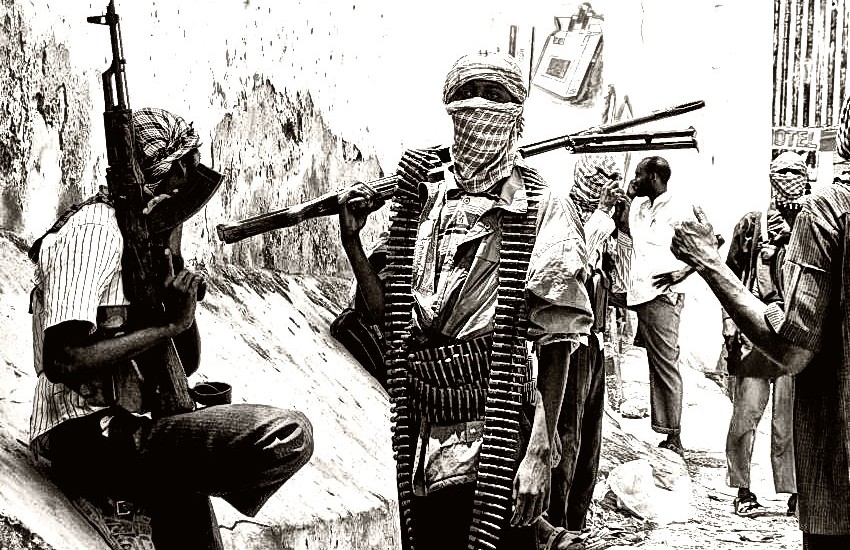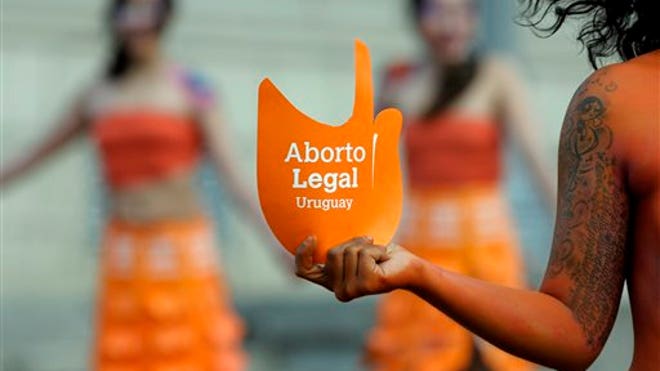By Brian Lanciault
Impunity Watch Reporter, Asia
PYONGYANG, North Korea– North Korea’s prison population continues to swell as the country’s young leader, Kim Jong Un, has implemented an extensive crackdown on persons caught fleeing the country. Suspected defectors are being sentenced to a minimum of five years in brutal prison work camps, and prison populations at each facility now number in the thousands.

North Korea has long been considered a restrictive country when it comes to human rights, however researchers in South Korea believe that since Kim Jong Un succeeded his father, the country’s boarder security has reached new heights. According to Insung Kim, a researcher with the Database Center for North Korean Human Rights (DCNKHR), the nation’s crackdown can be imagined as “tightening the noose.” Kim, who works extensively with North Koreans who have managed to escape the country to safety in South Korea, believes that “this is to set an example to the North Korean people.”
Following his rise to power, Kim Jong Un sought an agreement with North Korea’s main ally, China, through which any North Korean citizen found in China would be forcibly repatriated in Pyongyang, where they would face legal recourse for defection. Under North Korean law defection is the equivalent of treason, and those attempts which are considered “serious”, according to the penal code, are punishable by life imprisonment. While the penal code does not explicitly define a “serious” act of defection, researchers from institutions such as the DCNKHR believe that a “serious” defection involves recieving aid from American or South Korean missionary groups. In certain circumstances, the penal code provides for a death sentence.
Defectors are typically sentenced to labor in one of the nation’s five, sprawling work camp facilities. The facilities, modeled after the Soviet Gulag system, are isolated from the rest of the country, often surrounded by natural barriers such as mountains or rivers. At least one of these camps, Yodok, has been specially reserved for those prisoners repatriated from China. Kang Cheol-hwan, a former inmate in Yodok, wrote extensively about the experience in his book, “The Aquariums of Pyongyang.”
Estimates of the prison population range from 100,000 to 200,000, of which approximately five (5) percent are defectors. According to DCNKHR, this approximation reflects a “five-fold” increase in the number of detained defectors over the last ten years. According to researchers within South Korea, the number of refugees received has steadily decreased since Kim Jong Un took power. In 2009, 2,929 refugees crossed the boarder into South Korea. Last year, only 1,509 were reported.
This crackdown was recently brought to light after nine North Koreans, mostly teenagers, were captured in Laos and repatriated through China. Human rights groups fear that these young people will fall victim to indefinite detention and torture at the hands of the North Korean government. Despite these fears, the international community can do little to assuage the impact of this heavy-handed crackdown. The government continues to deny outsiders access to the detention facilities, and largely denies the existence of the labor camps.
In the mean time, North Korea has taken advantage of these nine defectors, parading them on stage at the Koryo Hall of Compatriots last Thursday. An official government statement announced that the nine were “abducted” by South Korean “flesh traffickers.” According to the Korean Central News Agency the young defectors chose to “return to the arms of their fatherland” after being tricked into leaving North Korea in a “sordid plot” by the “puppet regime of South Korea.”
For more information, please see:
AP News — Crackdown filling North Korean prisons with defectors — 12 June 2013
Huffington Post — North Korea Defectors Swelling Prison Population As Thousands Caught — 12 June 2013
NBC News — ‘Tightening the noose’: Crackdown on defectors fills North Korea prison camps — 12 June 2013
The Telegraph — North Korea Parades Defectors — 21 June 2013
Chosun Ilbo — N.Korea Parades Young Refugees Before Media — 21 June 2013
Jerusalem Post — N.Korean survivor: Don’t repeat Holocaust-era inaction — 22 June 2013


